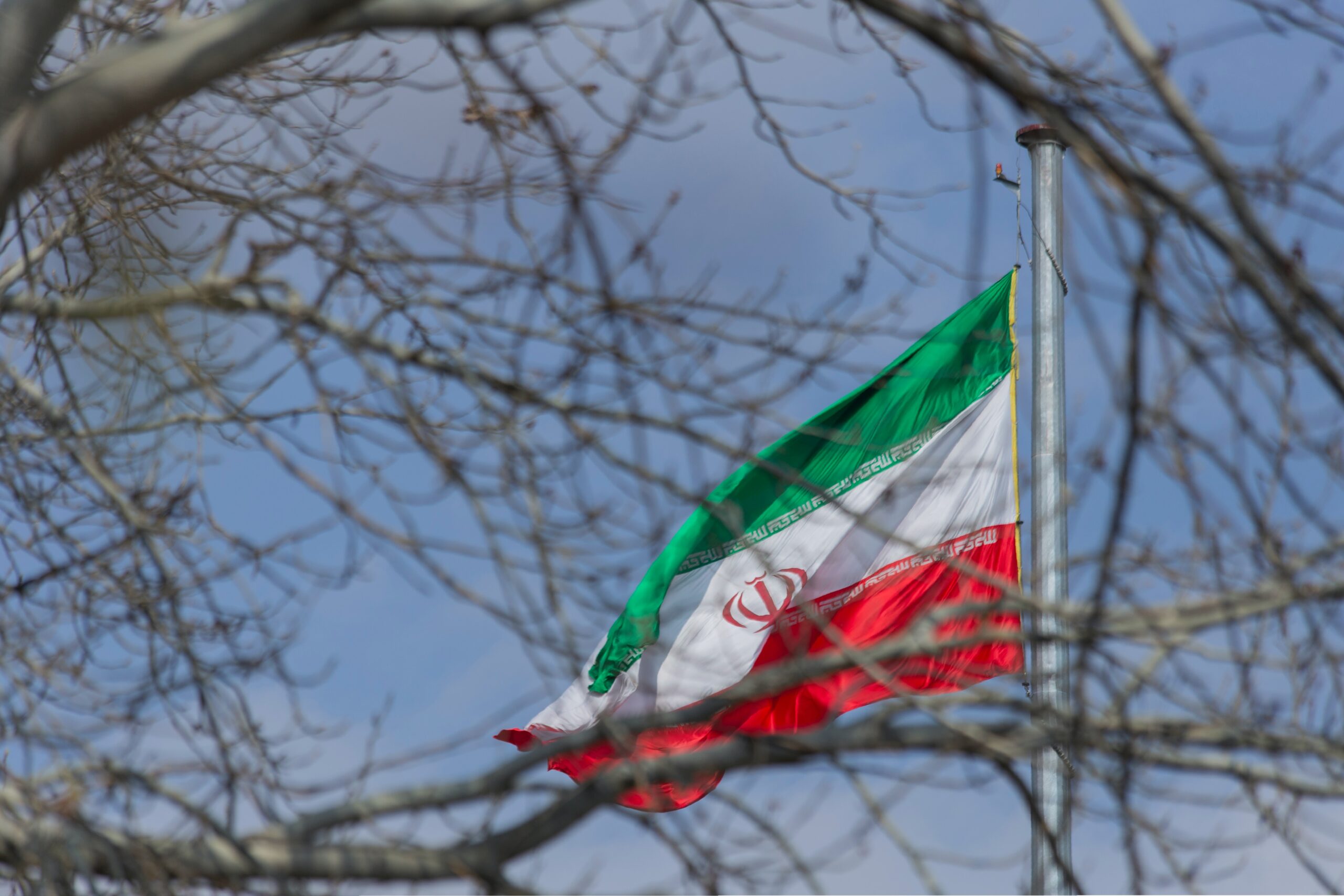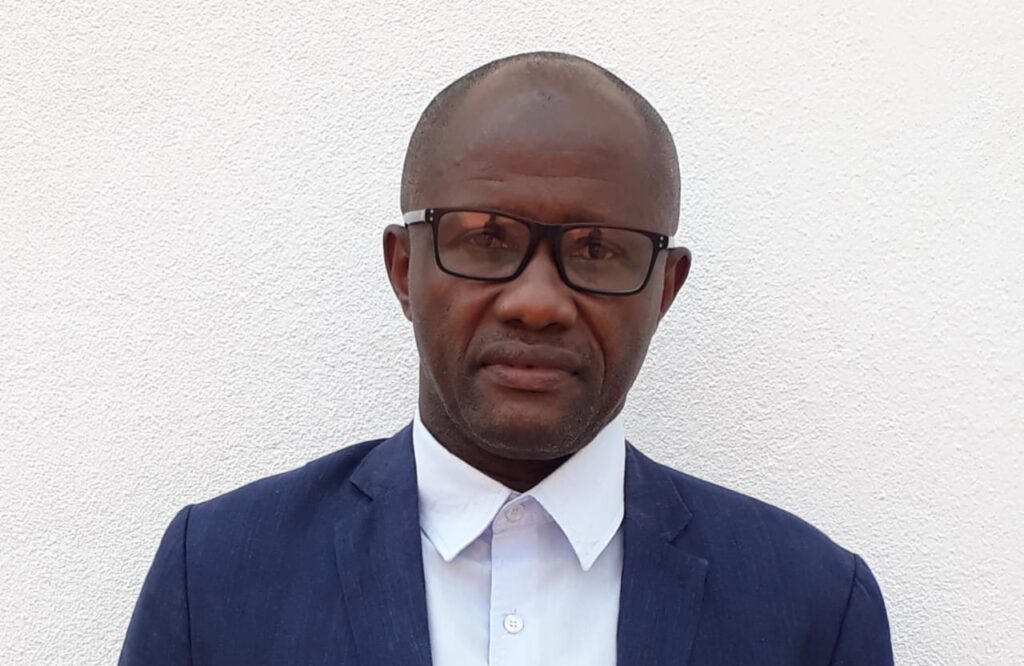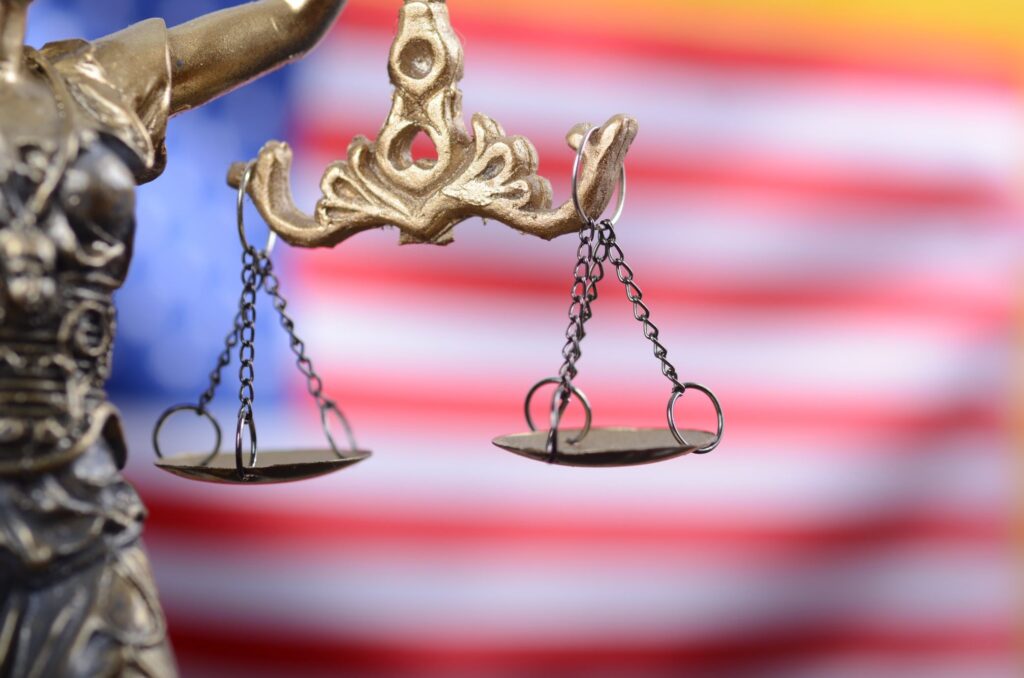Lawyers for Lawyers has recently sent a joint letter to the Iranian authorities on the summons for the reimprisonment of Mohammad Seifzadeh. The undersigned organisaqtions are gravely concerned about a summons being issued by the Iranian judiciary for the reimprisonment of Mr Mohammad Seifzadeh despite his ailing health. Mohammad Seifzadeh is a prominent human rights lawyer, a former judge, human rights activist and a co-founder of the Centre for the Defence of Human Rights in Iran.
We have been informed that 76-year-old Mr Seifzadeh has recently been summoned to Tehran’s Evin Prison despite a severe heart ailment that has led to repeated hospitalisations. This summons relates to charges of “propaganda against the state” (Article 500 of the Islamic Penal Code) and “publishing falsehoods” (Article 698 of the Islamic Penal Code) for signing a joint letter by 45 Iranian activists calling on the United Nations Secretary-General to speak out against political executions and the repression of the “Women, Life, Freedom” protests.
Mr Seifzadeh has been subject to harassment, including arbitrary arrest, detention and prosecution for many years, because of his professional duties and defence of human rights. He has been jailed 13 times in the last three decades and has consequently contracted and suffered from several diseases due to inhumane conditions and treatment in detention.
In the letter, the signing organisations respectfully urge the relevant authorities to:
• Drop all charges against Mr Mohammad Seifzadeh and ensure he is not subjected to further intimidation or harassment, including arbitrary arrest, detention and
prosecution;
• Ensure that all individuals charged with offences are guaranteed fair trial rights pursuant to Iran’s international human rights obligations, and guarantee everyone’s
right to effective access to justice;
• Release all lawyers in Iran who have been imprisoned due to their defence of human rights and their defence of detainees and political prisoners;
• Ensure that all lawyers in Iran can carry out their professional duties and exercise their right to freedom of expression and belief without intimidation, hindrance or
improper interference.





